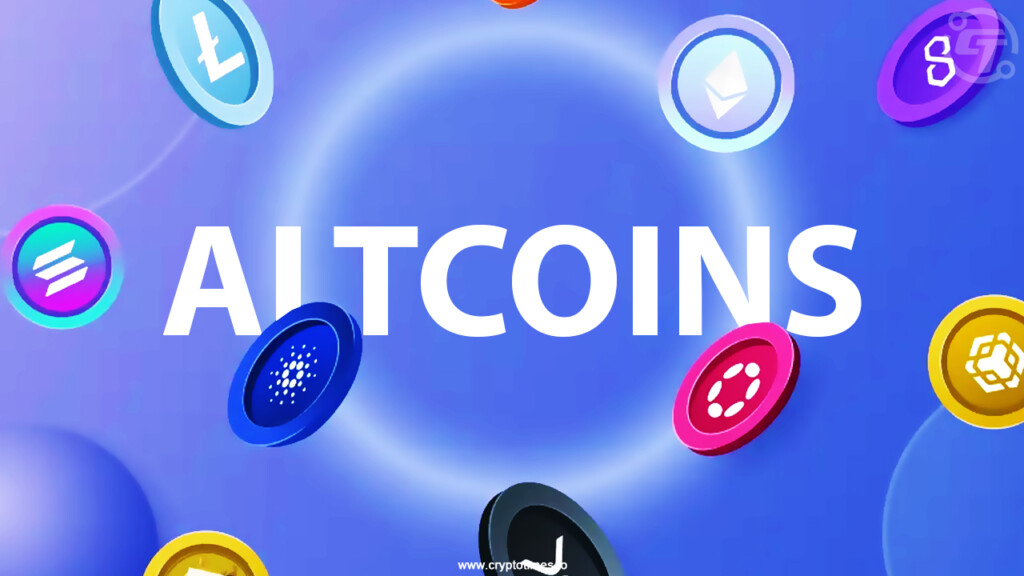
Altcoin Investment: Key Insights and Risk Mitigation
In the crypto ecosystem, where Bitcoin reigns supreme, altcoins have emerged as a significant force. These alternative cryptocurrencies offer a diverse range of applications and attract investors seeking lucrative returns. However, navigating the volatile crypto landscape requires a comprehensive understanding of altcoins and their associated risks.
What is an Altcoin?
Altcoins are cryptocurrencies other than Bitcoin. They serve various purposes, including facilitating exchange, powering decentralized applications (dApps), and enhancing decentralized financial services. Altcoins are categorized into several types:
- Platform Tokens: Ethereum and Solana are examples of platform tokens that provide the infrastructure for building decentralized apps and smart contracts.
- DeFi Tokens: These cryptocurrencies support decentralized financial services such as lending, trading, and yield farming.
- Gaming Chips and NFTs: These coins are tied to metaverse-related worlds, game dynamics, or collectible digital assets.
- Meme Coins: Cryptocurrencies like Dogecoin and Shiba Inu, inspired by internet culture, fall under this category.
Benefits of Altcoin Investment
- High Growth Potential: Altcoins offer substantial growth potential compared to established projects. Early investments in promising coins can yield significant returns.
- Portfolio Diversification: Diversifying your portfolio with altcoins reduces dependency on a single cryptocurrency like Bitcoin.
- Innovation and New Technologies: Many altcoins introduce groundbreaking technologies that can disrupt the industry. Ethereum's smart contracts, for example, have revolutionized decentralized finance.
Major Risks for Altcoin Investors
- Volatility: Altcoin prices can fluctuate dramatically, making short-term investments risky.
- Low Liquidity: Not all altcoins have high liquidity, meaning they may be difficult to sell or trade, especially on smaller exchanges.
- Scam Projects and Frauds: Some projects are designed to swindle investors' funds without genuine development plans.
- Regulatory Risks: Governments are increasing scrutiny of altcoins, which could impact their legality and availability.
How to Choose Promising Altcoins in 2024
- Project Team Analysis: Examine the development team's experience and track record.
- Technical and Fundamental Inquiry: Study the project's white paper and roadmap to assess its objectives and viability.
- Tokenomics and Use Model: Analyze the token structure, distribution, and incentives to determine its long-term potential.
- Community and Partnerships: A supportive community and strategic partnerships lend credibility to the project.
- Price History and Dynamics: Monitor the token's price and market capitalization behavior to identify trends and resilience.
Conclusion
Successful altcoin investment requires thorough due diligence. By examining each project's tokenomics, evaluating the team, and monitoring industry trends, investors can navigate the challenges and maximize their returns in the dynamic altcoin market.


 BlockchainReporter
BlockchainReporter Optimisus
Optimisus DogeHome
DogeHome Crypto News Land
Crypto News Land Optimisus
Optimisus Crypto News Land
Crypto News Land Crypto News Land
Crypto News Land Optimisus
Optimisus






















